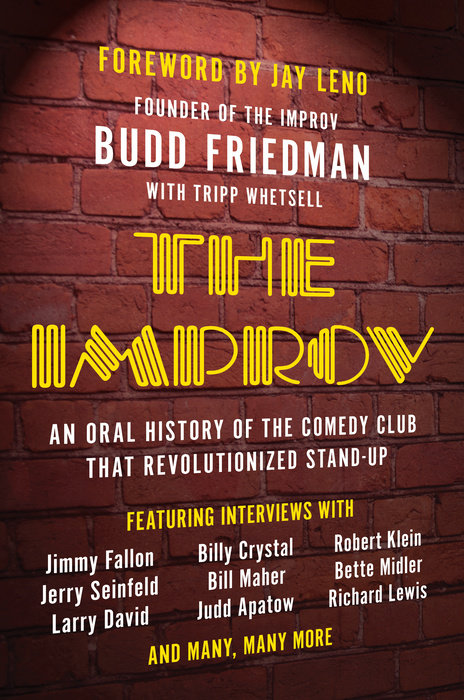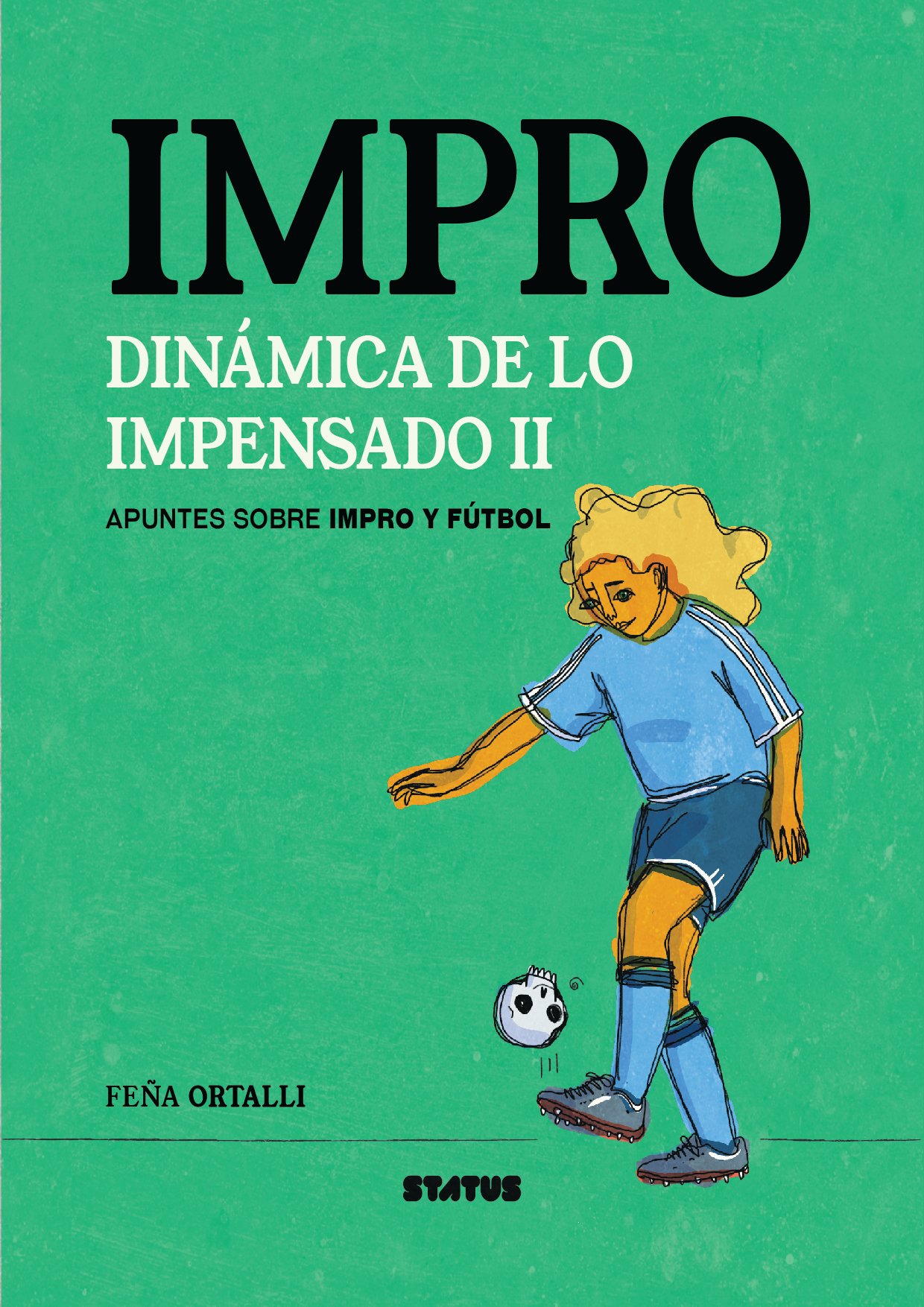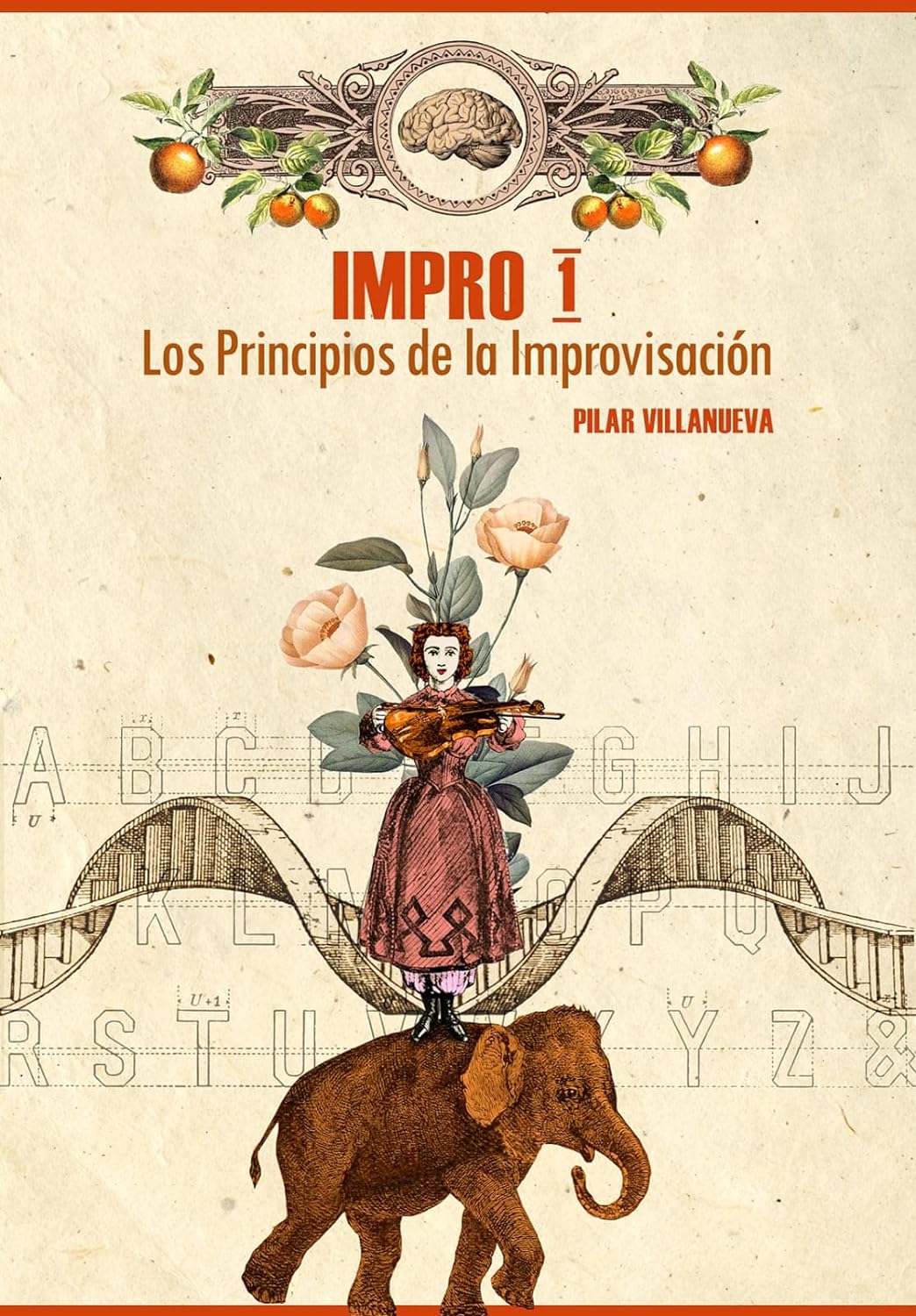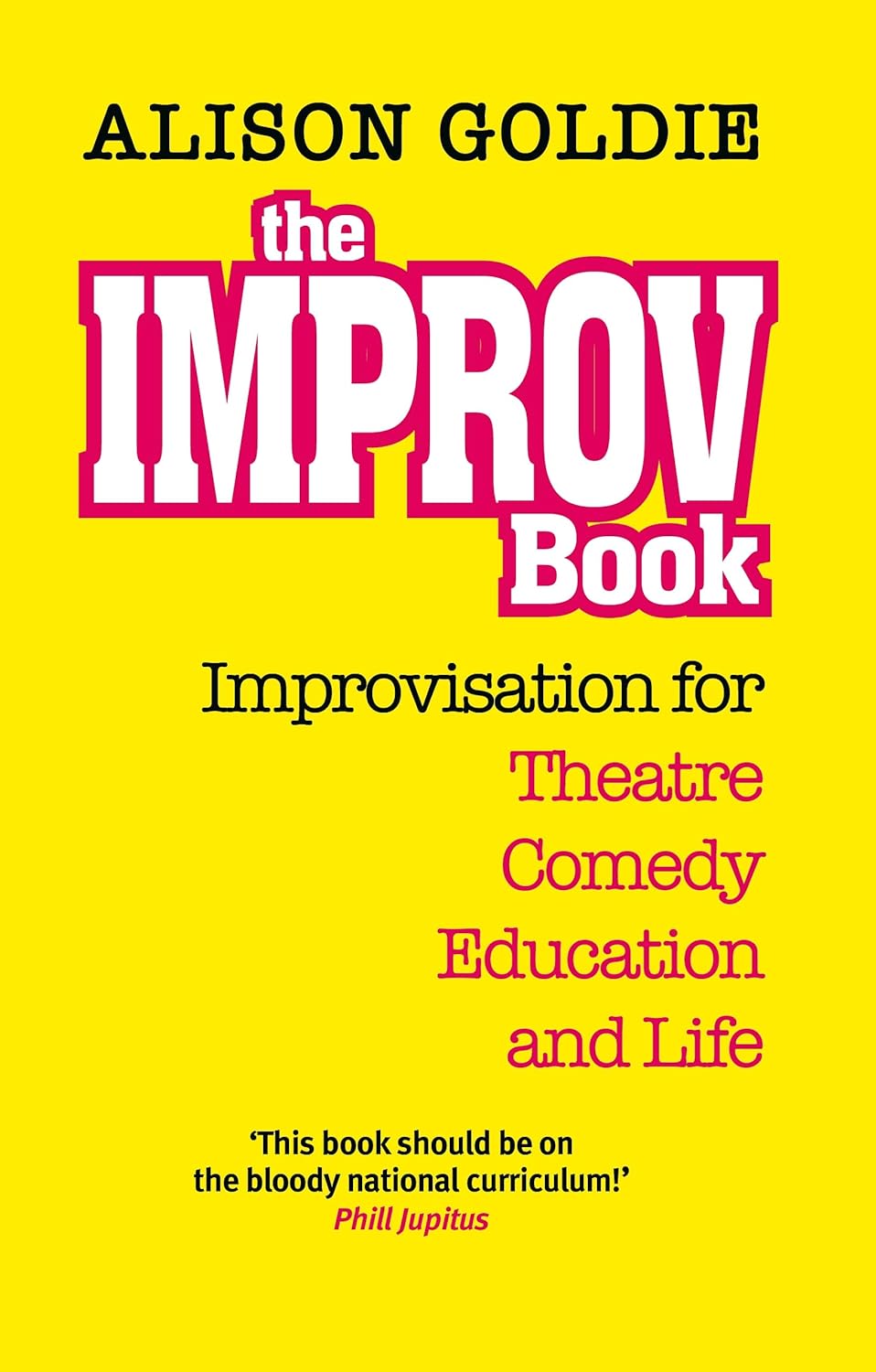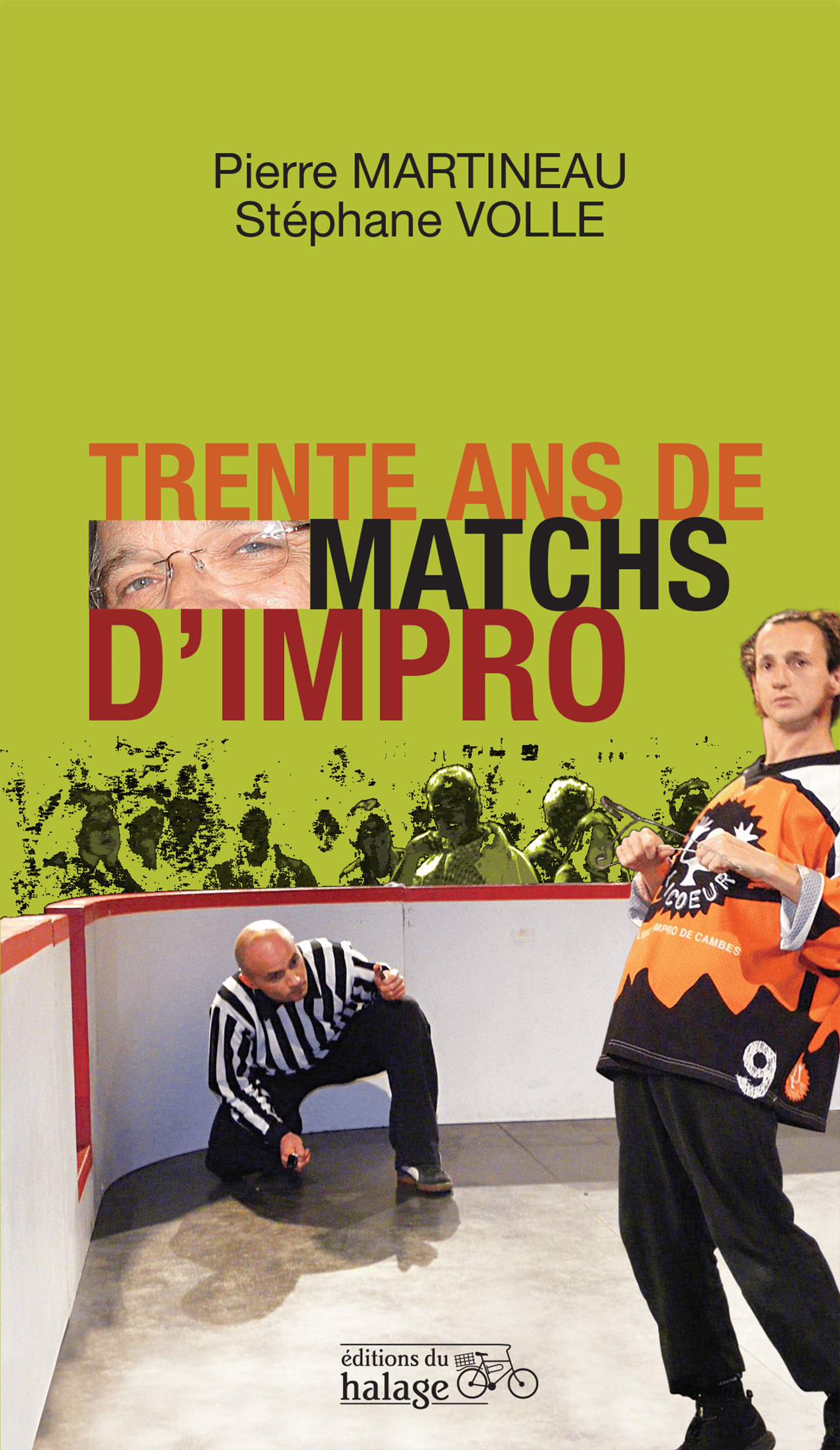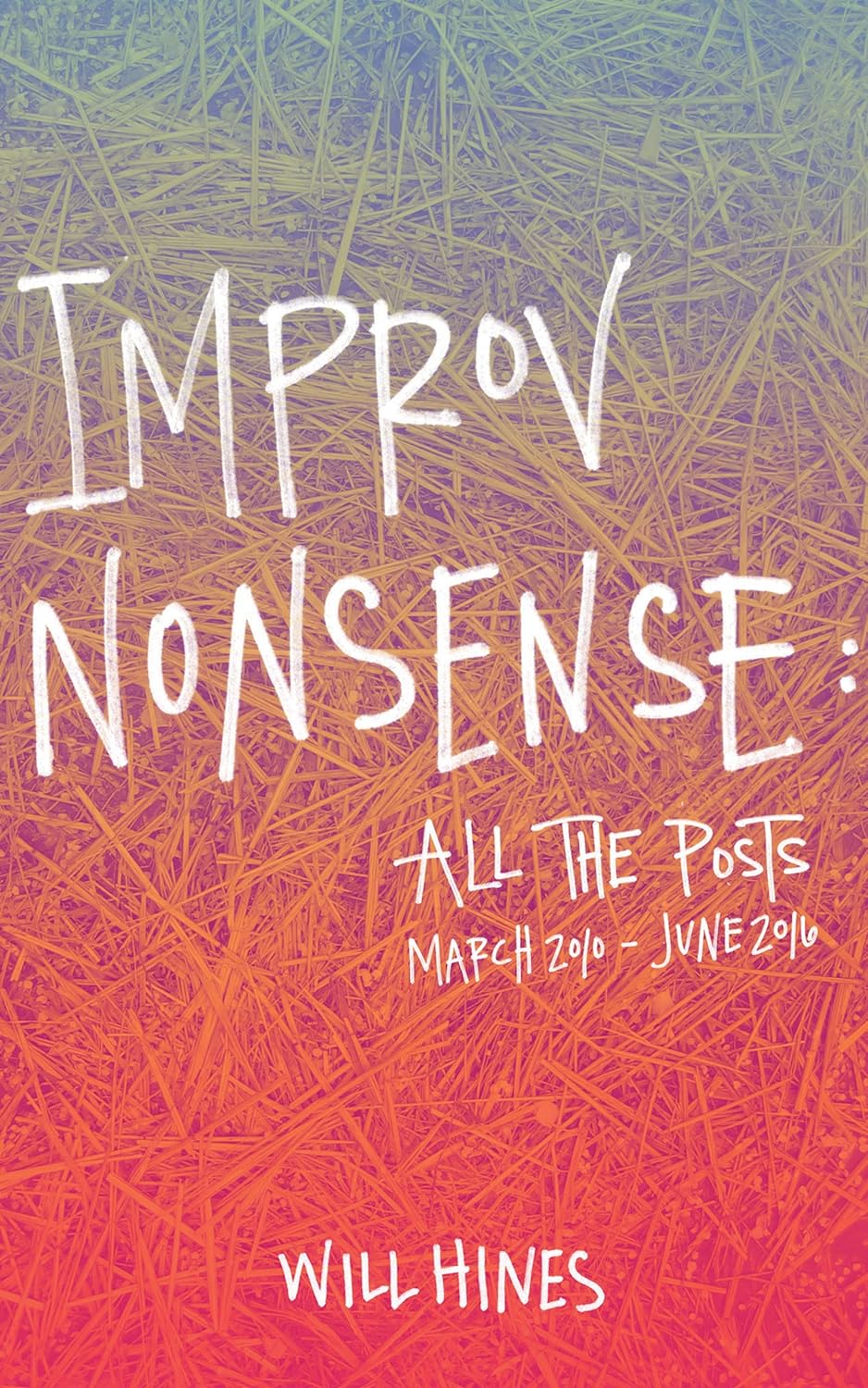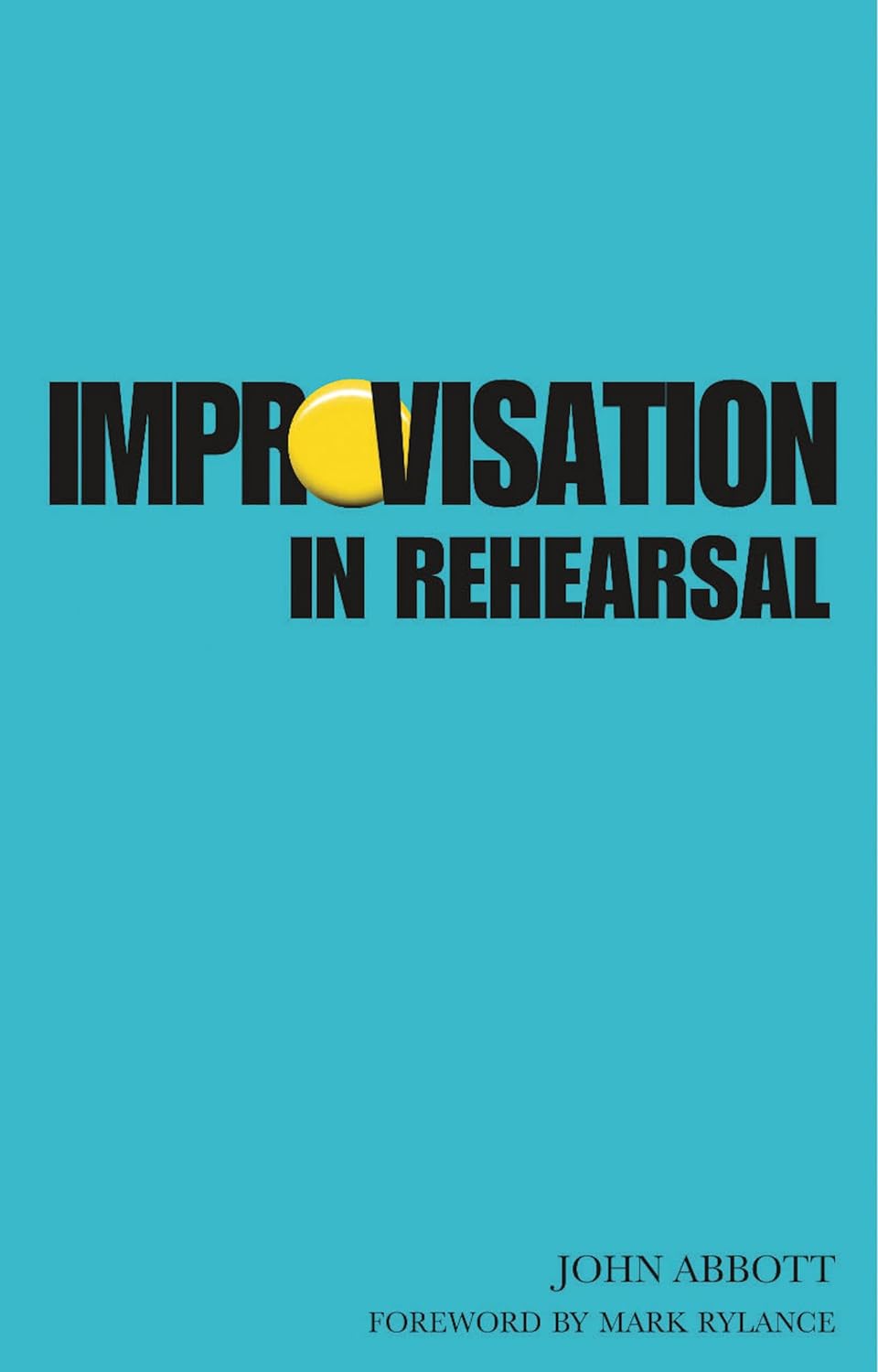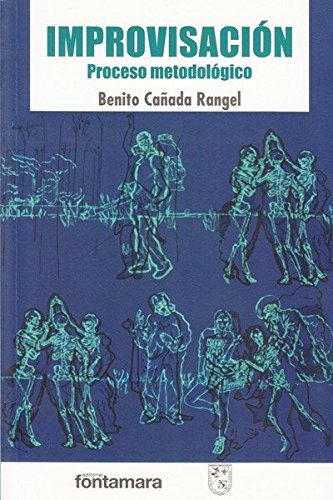The Improv : An Oral History of the Comedy Club that Revolutionized Stand-Up Featured in the New York Times 2017 “Holiday Gift Guide for Hardcover Fans”.. Get an insider’s oral history of the World’s most iconic comedy club, featuring exclusive interviews with today’s most hilarious stars recalling their time on stage (and off) at the Improv. In 1963, 30-year-old Budd Friedman—who had recently quit his job as a Boston advertising executive and returned to New York to become a theatrical producer—opened a coffee house for Broadway performers called the Improvisation. Later shortened to the Improv, its first seedy West 44th Street location initially attracted the likes of Judy Garland, Liza Minnelli, Albert Finney, and Jason Robards, as well as a couple of then-unknowns named Dustin Hoffman and Bette Midler. While it drew near-capacity crowds almost from day one, it wasn’t until comedians began dropping by to try out new material that the Improv truly hit its stride. The club became the first venue to present live stand-up in a continuous format, and in the process reinvented the art form and created the template for all other comedy clubs that followed. From the microphone to the iconic brick wall, the Improv…
Essay
In the following books, dissertations are made on the theatrical event and improvisation, its state and evolution.
Winging It: Improv’s Power & Peril in the Time of Trump In Winging It, literary scholar and cultural polymath Randy Fertel returns to the interrogation of improvisation he began with his earlier work Taste for Chaos (2015). In this new volume, Fertel explores the wider landscapes of popular culture and public affairs, ranging deftly from the unmediated experience in hook-up culture, psychedelic trips, Fred Astaire’s tap dancing, Frans Hals’s brush strokes, social media, and Hamilton‘s hip-hop to—last, though alas not least—the performative and demagogic posturing of Donald Trump. The gesture all improvisations share—I will create this on the fly, or as Trump has it, my gut knows more than many brains—defies rationality and elevates embodied emotions, instinct, and intuition, challenging our assumption that everything of value depends upon long study, tradition, and hard work. Claiming to be free of serious purpose, improvisation only pursues pleasure. Or so it says.
The arc of Western civilization has always driven toward mastering the world through reason, will, craft, and objectivity. Yet shadowing this arc is another that suggests we can know more of the world through non-rational means—through spontaneity, intuition, instinct, and subjectivity. “A Taste for Chaos” explores this undercurrent of spontaneity in literature and the arts. It identifies a new metagenre where improvisation rules: texts that claim to have been written without effort or craft, like an idea that hits you in the shower, each a challenge to the mainstream, dominant culture. It argues that while once written from the margins, improvisations make up much of the Western Canon’s center: John Milton’s “Paradise Lost,” Laurence Sterne’s” Tristram Shandy,” William Wordsworth’s “Tintern Abbey,” Alfred Lord Tennyson’s “Idylls of the King,” Mark Twain’s “Adventures of Huckleberry Finn,” James Joyce’s “Ulysses,” ThomasMann’s “Dr. Faustus.” It also offers close readings of C.G. Jung’s “Red Book” and Ian McEwan’s” Saturday.”
Because a football match always has two halves. Status Ediciones is happy to announce that the second part of the book Impro: Dynamics of the Unexpected, by Feña Ortalli is ready! The book features even more similarities between football and impro, personal anecdotes and technical points of view from the author. Web
This text explores the principles that govern the operation of the theatrical improvisation technique, beginning by framing it within the specialties of acting. The purpose of this book is to make accessible to anyone who wants to become familiar with the technique, some of the bases to start improvising. Masterfully written by Pilar Villanueva (ENAT / INBA and Faculty of Philosophy and Letters, UNAM), who has dedicated her life, among other things, to the in-depth study of theatrical improvisation, dramatic theory and research on styles in acting and improvisation. PILAR VILLANUEVAActress. She doesn’t know how to do much else. However, she has taught for twenty years because she is absolutely passionate about studying and it is well known that students are great teachers. She does improvisation theater for a long time. She has even directed some shows. Thus she has been able to get to know other countries, doing Impro in very diverse formats and giving workshops. In “Sola” her one-woman show, she improvises in the manner of classic theater and film authors. She is also a developing homemaker. Her and her faithful admirer of her son.
A smart, witty and accessible guide to the rewarding and joyful practice of improvisation. An asset to students and teachers of improvisation in schools, drama schools, higher education and theatre groups, both professional and amateur. It will also be of benefit to organisations and individual readers who want to discover how improv stimulates creativity and confidence in all areas of life. The Improv Book opens up this exciting discipline to a wider audience.
“This is what we can say about what an improvisation is: a story that we tell ourselves as when we were children. » “- Stéphane Volle: since an improvisation is a beautiful, simple story written by players, the question is: how to write or how to tell a beautiful, simple story? – Pierre Martineau: the only answer that comes to mind is: starting from emotions! Because a story is told with the stomach, with the guts; a good story anyway. » These interviews with Pierre Martineau, historic Master of Ceremonies of the National Improvisation League in Montreal, are the way to know and understand the spirit which animated the creators of this game and this concept: the theatrical improvisation match. They are essential to fully understand not only the usefulness of the rules, the importance of the framework: “why do we do this or that”; but above all the “how”: how to improvise, that is to say how to “tell beautiful stories together”.
Improv Nonsense: All The Posts This is a book about long-form improv, the art of making up comedy scenes as you go (meaning no script) on a stage. Improv Nonsense was a critically acclaimed blog about long-form improv, written by Will Hines, a teacher and performer from the Upright Citizens Brigade Theatre. The blog ranged from Will’s off-the-cuff musings like “New students sure do like to use the name ‘Janice’” to long, detailed essays like “Why are there fewer women then men on improv teams?.” It was sharp, opinionated, made no effort to include the newcomer, interesting, friendly, helpful and often completely wrong. Six years of posts, almost 600 pages of stuff. This book can be obtained in digital format for less than €10
John Abbott, author of The Improvisation Book, explains how theatre directors at every level can use improvisation in the rehearsal room. Foreword by Mark Rylance. ‘Improvisation can be used as part of the creative process of rehearsing a play. It can be a fabulous tool for exploration and discovery. It can strengthen the actor’s commitment to their character. And it can create an environment of confidence and spontaneity.’ Packed with useful exercises and improvisation scenarios, and examples from a wide variety of plays, Improvisation in Rehearsal reveals how improvisation enriches and enlivens the creation of characters, back-stories, relationships, shared histories and emotional lives. The book also demonstrates how improvisation can be used as a powerful tool in the foundation of a strong company, and when searching for the hidden depths and dynamics in a scene. Building on his own experience as an actor, director and teacher, Abbott writes with clarity and an infectious enthusiasm which will motivate directors to try the techniques for themselves. As Mark Rylance says in his Foreword, this book ‘will inspire and delight its readers’.
The content of this book is the product of a research process: the object of study is the actor and his creative process for the construction of the character. It is determined that it is during the rehearsal period when the actor lives his creative process, and it is the improvisation the tool that is used to achieve the objective, in particular of the actor when creating his character, and in general of all the other actors and specialists in stage languages, together with the director, to achieve stage dramaturgy as a whole. In these pages the reader will find a methodological proposal that will favor the creation of the character through improvisation, in which he will search, find and define the actions of his character, allowing him the internal and external characterization of the role. We know that this book will be useful to all those who dedicate themselves to the performing arts, professionally or as amateurs, to students and acting teachers; but also, we invite readers in general to learn about the creative mechanisms that an actor faces to build his character.
